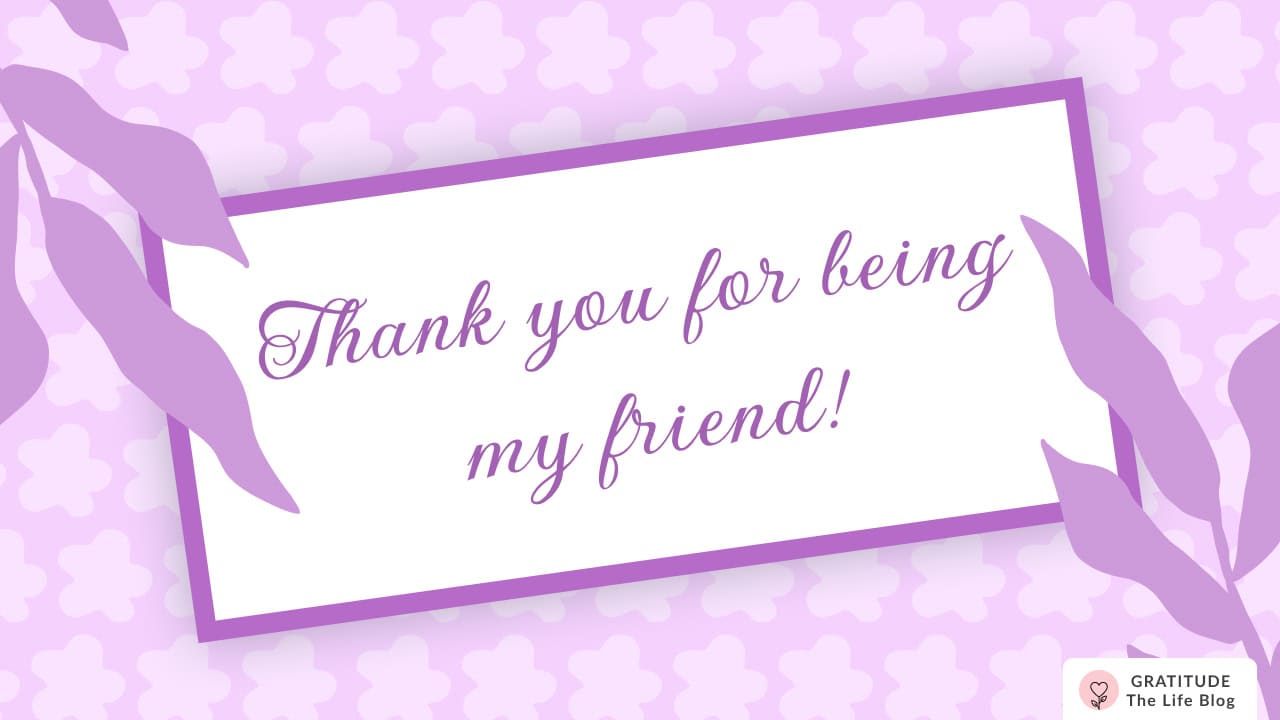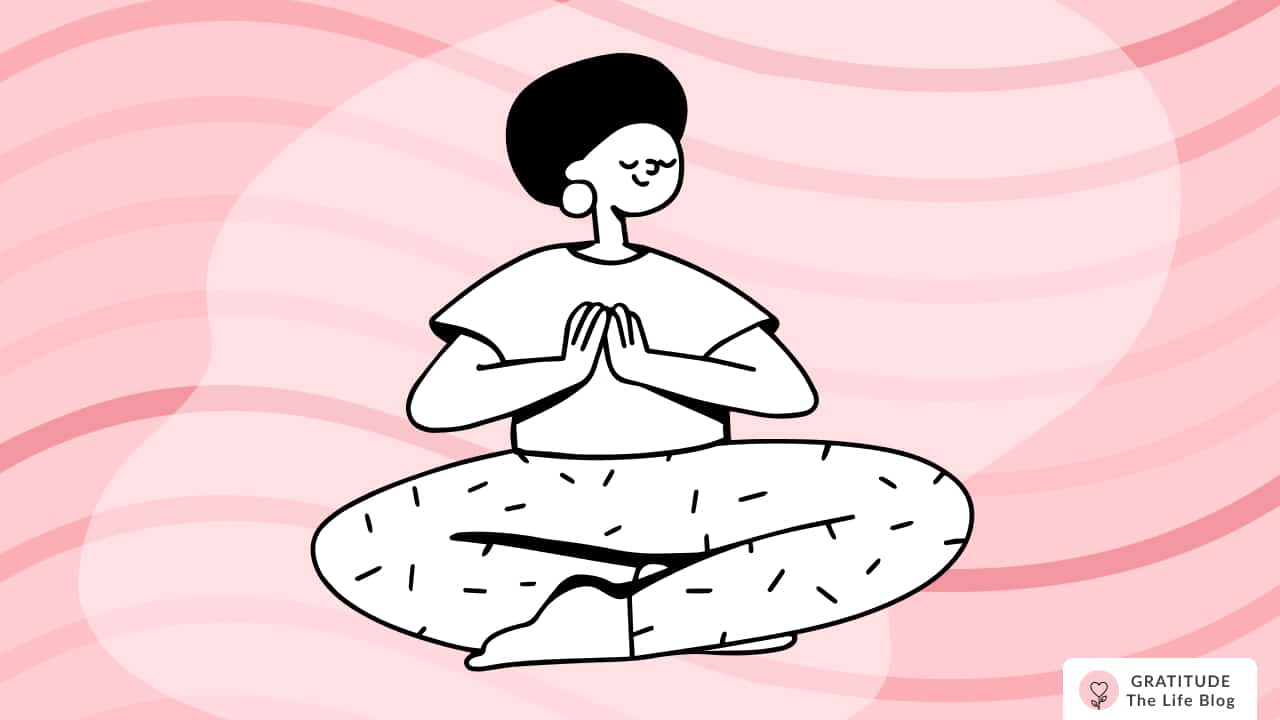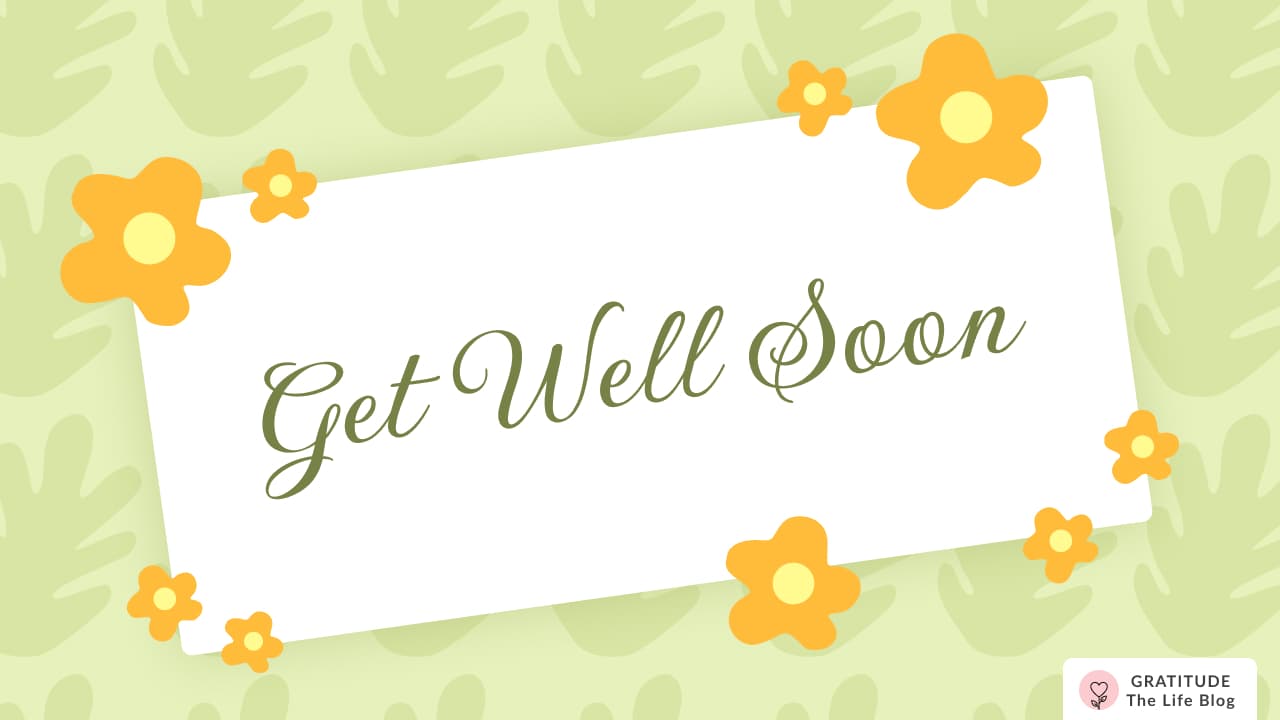The Power of Asking Good Questions
In this blog post, we’ll analyze a variety of thoughts that come to our minds in reaction to a problem or situation and carve good questions to tackle them.

Many times in life we are stuck in problem spaces. We keep running in loops without approaching a solution. One of the effective ways to have a better approach is to ask good questions.
Questions that spark our brain and unfurl a door within the maze. Asking good, growth-oriented questions will fuel our efforts in the right direction. In this blog post, we’ll analyze a variety of thoughts that come to our minds in reaction to a problem or situation and carve good questions to tackle them.
Asking Good Questions: Examples
“Why is nothing good happening to me?”
This question expresses the expectation from the world to work according to our whims. How often does that happen? And, what answer does this question have?
“What are the things that I can do to create opportunities for myself?”
This question, however, puts us in charge of our lives and pushes us to act. We’ll look for ways to do more and not stop trying. It is highly empowering to be responsible for the paths we choose.
A: “What is wrong with me?”
B: “What do I need to improve in myself?”
Here, the first question, albeit asking for useful information, is never asked with the intent of solving or growing. It’s a wail to the skies. The second one is more rational and directed towards real, focused answers.
It pushes us to discover ourselves and make better choices. If you want to do this seriously, make a list of the personal traits that you can work upon, and why you think they exist. It is a wonderful exercise. Find out all the ways that you can make yourself better than you were before. We’re all a work in progress.
A: “They haven’t called me for a long time. I guess they don't want to talk to me.”
B: “What’s stopping me from calling them?”
Too many times, I’ve heard others and myself express expectations from others to reach out first. And, often we haven’t reached out ourselves. We’ve been waiting for the other person to do what we want them to.
It doesn’t make sense. Unless we’ve made many attempts, we can’t hold the other person responsible. This applies to socializing too. Neighbors that we want to strike up conversations with or our classmates.
If we want to talk to someone, let’s make an effort. If the other party doesn’t show interest, then we can peacefully let go, without grudges. And if they do, we gain a new friend. Totally worth it!
A: “What do they think about me?”
B: “What do I think about myself?”
The first one is a dangerous question to ask, with no good answers. We can’t guess what the other person is thinking or even know if they’re thinking about us. And, why does it matter?
This question often turns up out of nervous feelings and low confidence. It does no good to worry about someone else’s opinion of us. The better question to ask is what we think of ourselves.
Positive affirmations can help here if it’s difficult to feel confident. Take a deep breath and say, “I am confident”, “I am doing very well”, “I love myself as I am”, “I am proud of myself”, “I believe in myself”
Looking for validation from others is scary and unhelpful. Those that matter will make their stance clear. You are much more than the opinion of those you don’t even know.
A: “Am I enough?”
B: “Am I doing my best?”
What defines enough? There is no way to feel “enough” when you don’t already do. There exists a pressure of varied sources of expectations that we carry on our shoulders.
They do more harm than good. You are already enough. There is no question about that. The question should be if you are doing your best or not. And even your best will fluctuate. Every day is not the same.
Some days you would make more progress compared to the other ones, and that’s okay. Wherever you go, or in any activity you take part in, set a realistic standard for yourself and then make all efforts to achieve it.
Questioning your worth will not make you feel worthy. Just do as well as you can, and keep growing.
A: “Why did this happen to me?”
B: “What can I do about this?”
Things can turn out so bad sometimes that unfair is all that they seem. It is horrible to go through tough times, tragedies, losses, and failures. But, this is the experience of life.
No matter how many times we do the right things, some happenings will not be in our control. Giving ourselves a fair amount of time to feel natural emotions is needed. You are not expected to feel okay without experiencing sadness.
Recognize when you’re choosing to complain instead of working your way out. Ask yourself for the paths that you can take to be in a better place. What happened may not have been in your control, but what you do next is.
😊 So, these were some examples of how asking good questions effectively changes the approach we take when handling any situation. Whenever you find yourself in a dilemma, take a moment to frame a good question about it.
A question that is focused on growth and better solutions. I have learned this craft from the maker of the Gratitude app, Pritesh Sankhe, and now I keep trying to frame good questions as I face any sticky situation. It’s a great lesson and one I will encourage you to learn too!
If you made it here, share this article with your friends and family to sprinkle some wise goodness in their day. Have a great time!
Continue Reading: Personal Development: The Best Tips to Do It Right































